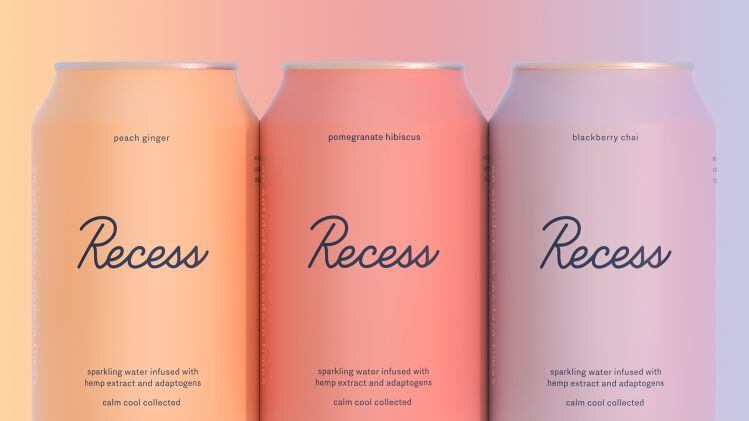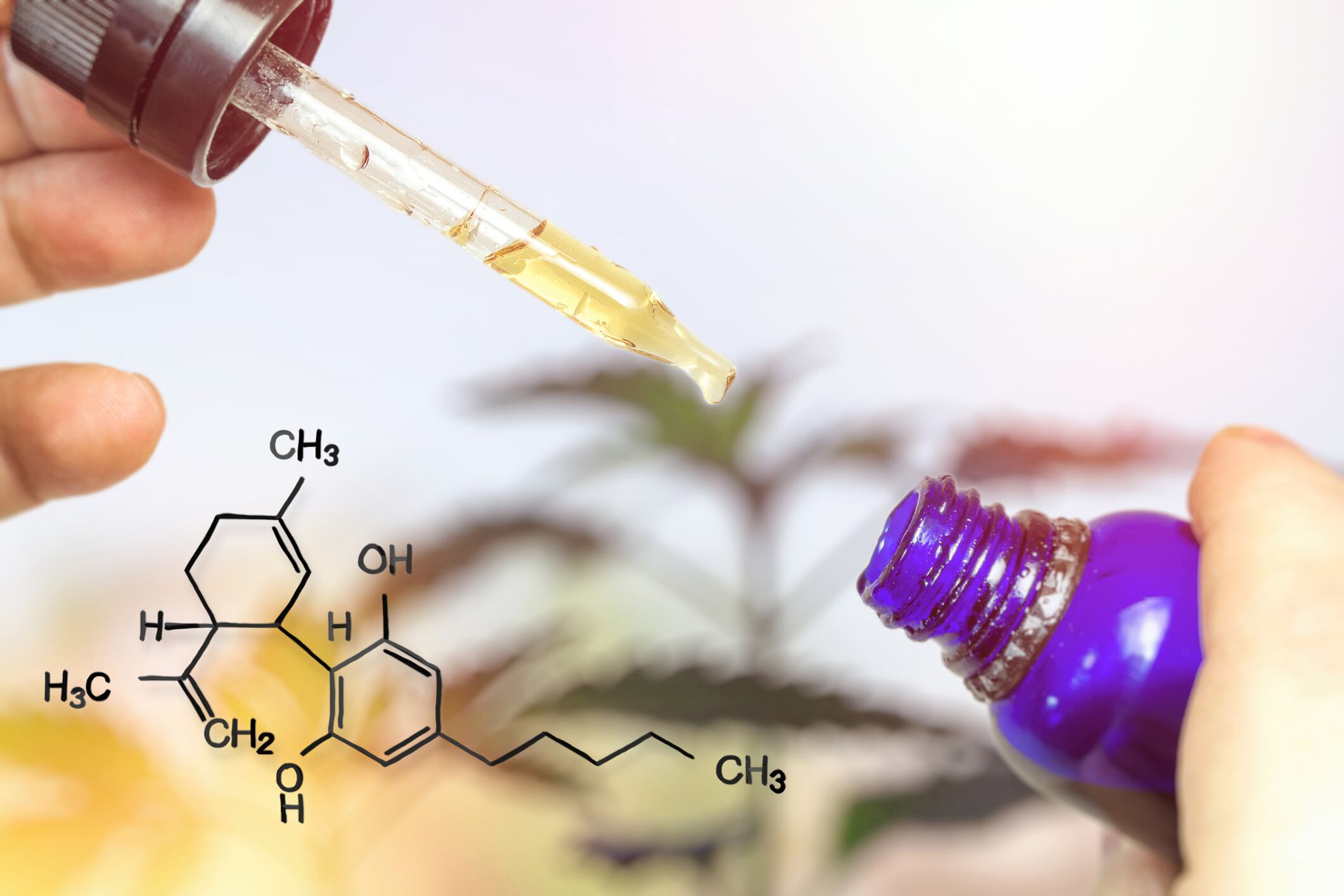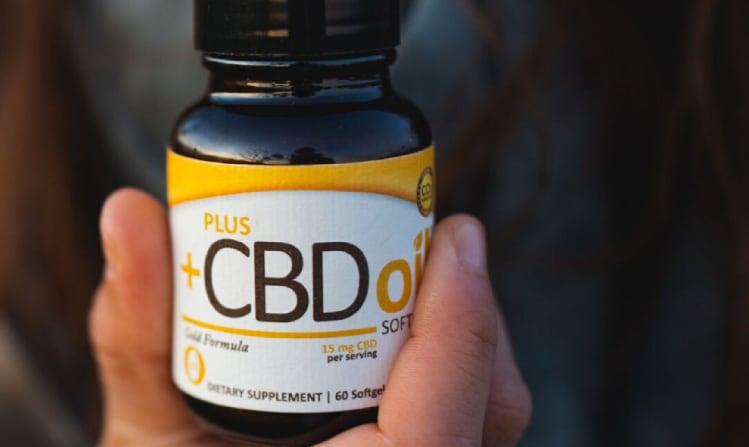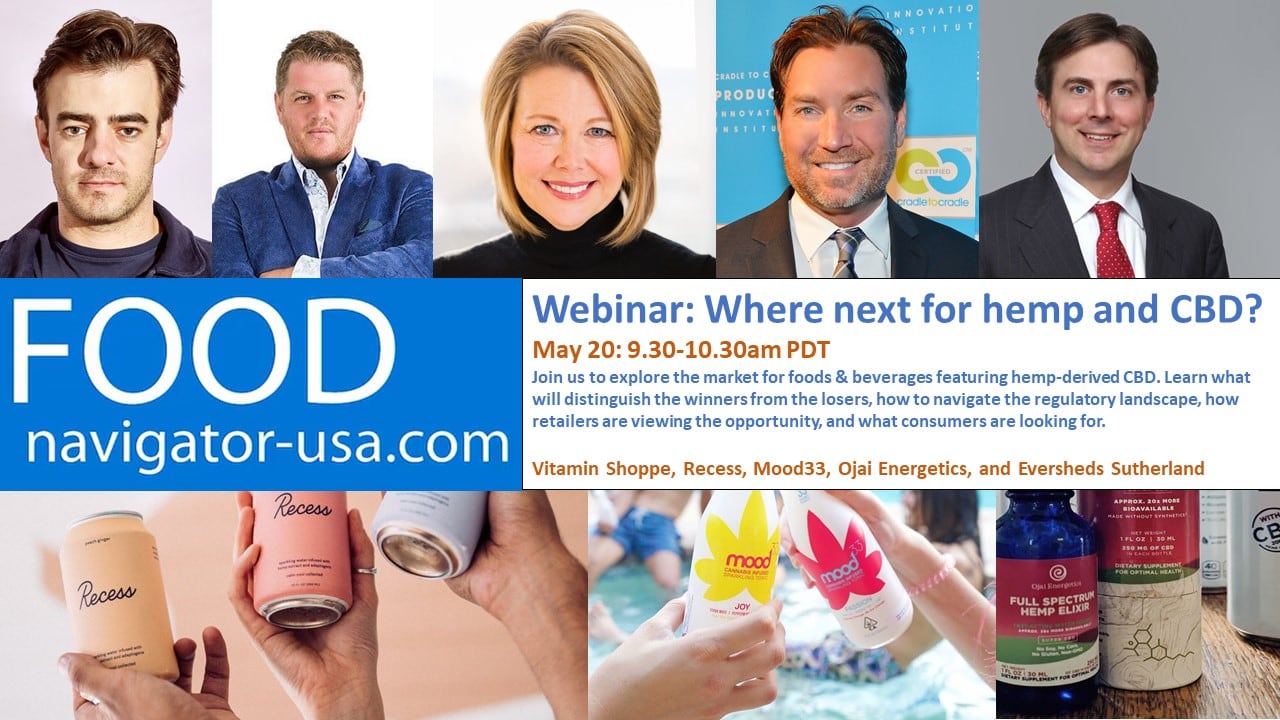The path for foods and beverages can be addressed later, argued CRN president and CEO Steve Mister, a position that did not sit well with some CBD-infused beverage brands that say both categories can safely be accommodated using current regulatory frameworks.
“Our petition does not mention foods and beverages one way or the other,” Mister told FoodNavigator-USA.
“If you look at the report FDA filed in Congress back in March, it was clear that it had significant concerns around foods and beverages as opposed to supplements [read more about this here].
“We felt it was more important to start the path by getting dietary supplements recognized and then we’ll deal with food later. We’re not ignoring the issue, but we think FDA has the data to deal with supplements now and get recognized very quickly, and then we’ll deal with food.”
‘We’re putting a stake in the ground…’
While he acknowledged that citizen’s petitions can languish in the FDA’s in-tray for years,* Mister said this petition was designed to “put a stake in the ground.”
“The legislative prong is the much more prominent piece of what we’re doing right now, but often when we talk to people on Capitol Hill, they say, have you really engaged with the agency?”
CRN agrees with the FDA that CBD products should be safe, manufactured in a manner that ensures product quality, and marketed without the use of unauthorized disease claims, stressed Mister.
But these goals can “easily be accomplished” by permitting them to be sold legally as supplements and as such, making them subject to existing safety requirements governing such products, he said.
As such, each unique manufacturer of a CBD-containing ingredient would be required to file its own new dietary ingredient notification (NDIN) proving product safety; products would have to be manufactured using good manufacturing practices (GMPs) in FDA-registered facilities; firms would have to follow adverse event reporting requirements, and products would have to be labeled in compliance with FDA regulations.
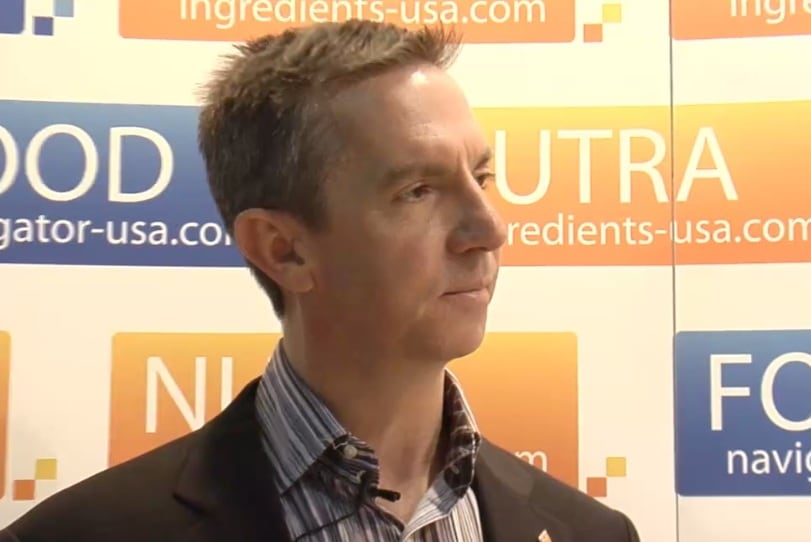
“Congress and industry have repeatedly requested that FDA use this authority to allow CBD to be a legal ingredient in dietary supplements, consistent with the intent of Congress in legalizing hemp. If ever there was an appropriate time for FDA to use this authority, the time is now.”
Steve Mister, president & CEO, CRN
‘FDA is, in effect, creating a sweeping monopoly over CBD for drug use’
A safe level of CBD does not need to be predetermined before a rulemaking process can commence, as the regulatory framework already exists to ensure the safety of supplements through existing statutory provisions and regulations, added Mister, noting that regulatory bodies in other countries have already set daily upper dose limits.
“By not acting to create a regulatory framework for CBD in dietary supplements, FDA is, in effect, creating a sweeping monopoly over CBD for drug use. This is not what Congress intended.”
Three requests
The CRN's petition (which only covers hemp-plant-derived ingredients and not CBD produced via other means such as microbial fermentation or synthetic cannabinoids) urges the FDA to do three things:
(1) Establish a regulation under which hemp-derived cannabidiol (CBD) may be legally marketed as a dietary ingredient, spelling out that an 'exclusionary' provision in the Food, Drug, and Cosmetic Act that says ingredients can’t be marketed in foods/supplements if they were first investigated as a drug does not apply to CBD.
(2) Clarify when a hemp-derived substance is subject to the exclusionary provision. To date, the FDA has not spelled out what it actually means by ‘CBD,’ said Mister, which means it’s possible that broad/full spectrum are already legitimate dietary ingredients if the ‘article’ the FDA describes as 'CBD' is the kind of highly purified CBD isolate used in drug trials.
“Developing guidance distinguishing CBD isolate from other forms, would immediately allow companies to market non-isolate forms of CBD products in compliance with all FDA requirements, including by submitting new dietary ingredient notifications," said Mister. "Currently it is unclear if a company were to submit such an NDI notification for a hemp-extract product, whether the notification would be rejected because the agency has not yet considered this definitional issue.”
That said, he stressed, the CRN “would like to have all CBD products [ie. broad/full spectrum extracts and isolates] recognized as dietary supplements.”
(3) Enforce existing dietary supplement regulations with respect to CBD-containing products being marketed as dietary supplements.
A patchwork of state regulations
“The longer the agency waits to act,” said Mister, “the more complicated and uncontrollable the space can become.
“Numerous states are already moving to protect their own citizens with state-based requirements and restrictions that further encumber the likelihood of a single, federally uniform CBD marketplace, while a growing number of consumer class-action lawsuits being brought against CBD manufacturers, distributors, and retailers, further muddy the legal status of CBD.
“FDA has ample safety data in front of it to act; the agency must act quickly so it can effectively remove unsafe or illegal products and ingredients from the market and protect consumers and responsible companies in the space.”
CSPI: FDA 'should not be rushed to make a judgment about CBD'
In a June 17 letter to lawmakers, however, the Consumer Federation of America, Consumer Reports, the Public Health Institute, and the Center for Science in the Public Interest argued that pushing the FDA to act on CBD before it has adequate data, or bypassing the agency altogether by pushing Congress to come up with a legislative work-around would be a huge mistake.
"A political decision to legislatively override a careful and scientific evaluation of CBD safety would create terrible precedent."
While the CRN is not saying CBD shouldn't be regulated, in fact quite the opposite says Mister, the CSPI et al claim that existing frameworks are "broken" and inadequate when it comes to introducing new ingredients to foods and supplements via the GRAS or NDI process.

Right now, the FDA says CBD cannot be added to foods or supplements as it was first investigated as a drug, although FDA commissioner Dr Stephen Hahn also conceded it would be a ‘fool’s game’ to try and shut down the market, a situation many brands claim has left them stuck between a rock and a hard place.
US Hemp Roundtable: ‘Right now there’s a cloud hanging over this industry’
Jonathan Miller, general counsel for the industry-backed US Hemp Roundtable, (which counts among its members beverage brands such as Recess and VYBES and supplement brands including Charlotte’s Web and CV Sciences) said: "We haven’t had a chance to fully digest the petition but we certainly support CRN’s end goal - to force FDA to recognize and regulate CBD as soon as possible."
He added: “Right now there’s a cloud hanging over the industry. Our hope is that Congress will step in and require the FDA to act immediately.”
The simplest way forward right now would be to add wording to an upcoming appropriations bill that would clear a path forward for CBD in supplements and foods/beverages and spell out that brands must comply with existing regulatory frameworks, he said.
If we wait for a formal rulemaking and comment process, he claimed, “We could have 2-3 years of more bankruptcies and class action lawsuits and struggling farmers and products that don’t meet regulatory standards on the market. It’s one of the few bipartisan issues out there. Mitch McConnell is deeply committed to do what’s best for Kentucky hemp farmers, so if he thinks this is something that can be done he’ll find the right vehicle.”
Meanwhile, ensuring beverages/foods are permitted along with supplements is critically important for many US Hemp Roundtable members, he said, noting that the market for supplements alone is limited: “Prices for hemp have plummeted because of this reduced demand. As an industry we strongly believe that CBD is safe both in supplements and foods.
“Right now big food companies are on the sidelines with CBD because they know that if the FDA [and/or plaintiff’s attorneys] comes after anyone, they’ll come after the big guys. And big box stores are not willing to sell these products, so as a result, you’ve seen hemp prices plummet.”
Recess CEO: 'The supplement industry is very loud'
Ben Witte, founder and CEO of hemp-infused beverage brand Recess, said many people prefer to enjoy CBD via beverages, which he said make it easy to track daily consumption as each can/bottle spells out how much CBD they contain on the front of pack, whereas it can be hard to know how much CBD you’re getting if you’re using a dropper.
Arguments from some supplement brands that CBD belongs in tinctures and capsules but not in beverages or foods were "a bit self-serving," he claimed. "The supplement industry is very loud, and the big CPG industry is on the sidelines, and not actively lobbying in the same way as the supplement companies, but this [allowing hemp extracts in beverages and foods as well as supplements] is one of the easiest things you could do to stimulate the economy.
"Hemp farmers need beverages [to be permitted as a delivery vehicle for CBD] in order for hemp to become a viable crop for them. The market just for oils and tinctures is not big enough. The farmers feel like we're only 50% of the way there, and everyone recognizes that the status quo is not sustainable. And it's not because the demand isn't there."
VYBES CEO: 'You know exactly what you're getting when you consume our beverages'
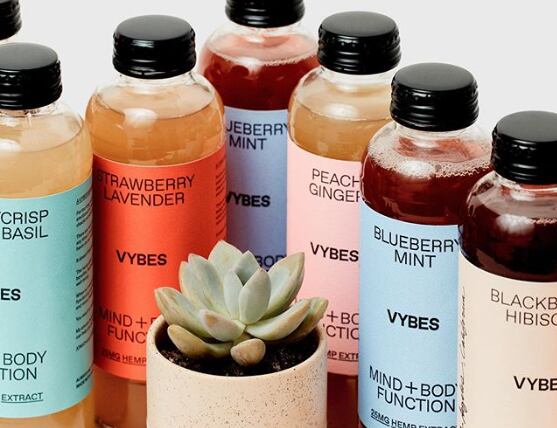
While CV Sciences has argued that food/supplement companies should avoid the use of isolated cannabinoids and leave them to pharmaceutical companies, Jonathan Eppers, founder and CEO of VYBES, a beverage brand infused with 25mg of water soluble CBD isolate, said there was no reason that isolates should be pharma-only.
Many beverage companies prefer to use isolates because they can make it easier to ensure a consistent product, and don't present as many sensory/taste challenges as full/broad spectrum hemp extracts that contain terpenes and other components, added Eppers.
"You know exactly what you're getting when you consume our beverages," added Eppers, who has seen a significant boost in direct to consumer sales after reducing prices, offering smaller packs (six instead of 12 bottles), and offering free same-day delivery in select markets to drive trial.
His comments were echoed by Justin Singer, CEO at Caliper Foods, which is using 20mg of water-soluble CBD isolate in his drink mixes.
Arguing that isolates belong in drugs, while full- or broad-spectrum hemp extracts belong in foods/supplements is "like arguing that penicillin on its own should be illegal, but penicillin plus three other antibiotics that we don’t know much about should be legal," he told us in a recent interview. "It doesn’t make any sense.
"Hemp extracts still contain CBD. The fact that they also contain other things doesn’t make them safer. Isolates can be characterized and analyzed and you know what’s in there, whereas the full spectrum stuff, you don’t know what’s in there, and if you’re not looking for it, you don’t find it.”
*The FDA is required to respond to citizen’s petitions within 180 days. However, a response often takes the form of simply acknowledging receipt, and the agency is not required to respond with more substantive action within a given timeframe.
